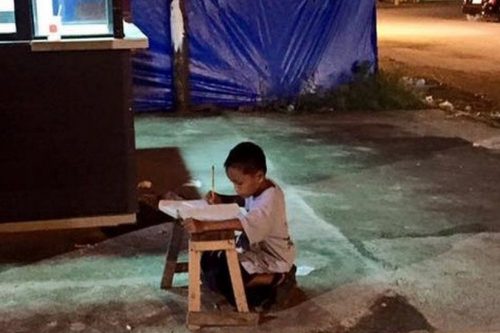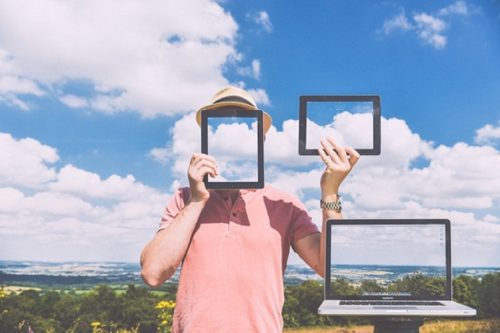“Through the power of self-education you can be anything you want to be or do anything you want to do. Self-education power does not require money, fixed time or fixed life style. Options are extremely flexible. Rewards are unlimited. You can control your destiny.” –Bob Webb
Inequality is a problem that haunts the Latin American region. Although approximately 90 million people have left poverty in the last decade –according to the World Bank–, and even though the area has experienced an economic growth of 5% during the last few years, the income of the richest 10% is 27 times the income of the poorest 10% –as Arif Naqvi, founder of The Abraaj Group, reports.
Socioeconomic inequality brings grave consequences: Increase of the informal workforce, inability of saving, deterioration of quality of life standards, including the impossibility of having access to good living conditions, effective healthcare and high quality education. These structural problems will ultimately lead to a dearth of national unity, which hinders the social cohesion needed to advance measures with results.
What can be done?
Inequality is without a doubt a multi-factorial problem that requires comprehensive policies, but we need to start somewhere. While the unequal distribution of high quality education is one of the manifestations, its solution holds the potential of alleviating the plight altogether.
Education provides us with the knowledge and the tools to be functional members of society. During our education, we acquire skills that allow us to contribute to the productivity, success and progress of organizations that produce the goods and services we require to have ideal living standards. Society is a big wide web that needs the work of everyone to maintain itself.
Moreover, education is also a process in which we not only absorb valuable information, but also develop our own personalities. Education empowers us when it gives us the opportunity to conceive our own ideas, exercise our judgement, engage in reflection, and debate with others. It doesn’t dictate us what to do, it shows us how to observe, research, evaluate, reason and think critically by ourselves –skills that are fundamental in any democratic society.
However, the infrastructure to offer this kind of high quality education is lacking in Latin America and here is where technology could make its valuable contribution.
Elearning allows people from all places to learn through any device with an Internet connection. A smartphone is enough of a tool to get free and low-cost online courses from teachers and institutions from all over the world. Education is no longer constrained to fixed schedules and physical spaces.
Our societies should move towards the democratization of high quality education, as it offers equal opportunities for everyone to thrive and realize their life goals. Thus, it qualifies as one of the measures that can be adopted to alleviate social inequality.
Technology has the power to connect us. Everyone has something to teach and much to learn. Elearning entails great possibilities and hope.
Image by André Cypriano. Extracted from http://www.andrecypriano.com/index.php#mi=2&pt=1&pi=10000&s=4&p=2&a=0&at=0




